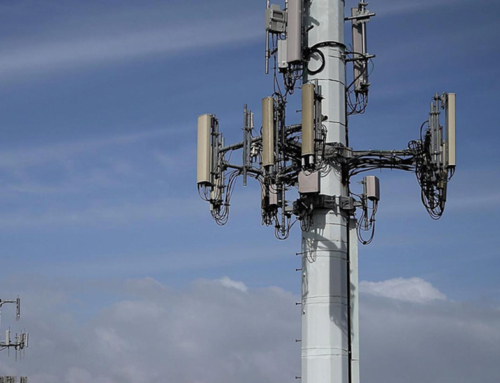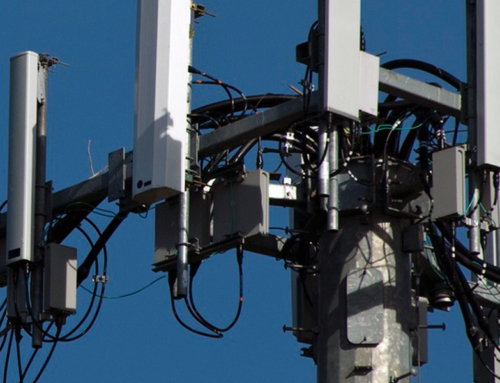Wireless carriers have many operating expenses, but the spending involved in building and maintaining network equipment and infrastructure is an enormous burden—one that carriers are looking to lessen whenever possible.
Carriers are paying a major price, literally, for the land leases and tower use fees for cellular equipment that define the traditional cell tower space rental business model. With the level of investment it will take to launch 5G in the not-so-distant future, overhead is only expected to get steeper, and carriers’ tolerance is wearing thin.
At the recent Cowen Communications Infrastructure Summit, AT&T’s Senior VP of Infrastructure Tom Keathly expressed “frustration” with the real estate rental model that has shaped how tower companies operate. “I would even say it may not be sustainable going into the future,” Keathly stated. “In fact, we’re looking at that pretty heavily. We have a task force already assigned with the task to look at that business model. I don’t have anything to report on that yet, but the frustration is very real.”
With infrastructure costs, changes made by carriers to reduce expenses can have a negative impact on their networks, which could cost them sales and customers. Clearly, any decision must be made with careful consideration, and AT&T is diligently working to address the issue of spending related to tower space. “The fundamentals are cost per megabyte, and we’ve got to get to a place where we can sustain cost per megabyte, moving into cost per gigabyte. So the current business models are likely not sustainable in that environment,” Keathley explained.
What action might AT&T take? Keathley voiced that the carrier may explore alternative locations with cheaper rental rates in order to cut costs. “It’s really about looking at what options we have when the contracts are up, per site, and determining whether or not those options make sense,” he stated.
For current cell tower leaseholders, such a shift could have negative consequences. Carriers, like AT&T, may decide to dissolve or relocate sites when contracts are up, which would jeopardize landlords’ monthly rental income. With that outcome being a possibility, leaseholders may be motivated to take a proactive and risk-mitigating approach by selling their leases, if possible.
There’s no definitive answer at this point as to how the plans of AT&T and other major wireless carriers will affect your future income as a cell site leaseholder. Your circumstances as a landlord are unique, just as each cell tower lease is. What to do? Seek guidance from an industry professional who can apply their insider knowledge to help you determine what course of action is best for your specific situation.
Armed with deep experience and expertise, The Filo Group will assess your case and give you the information you need to make smart decisions. Contact us today for a free consultation.








